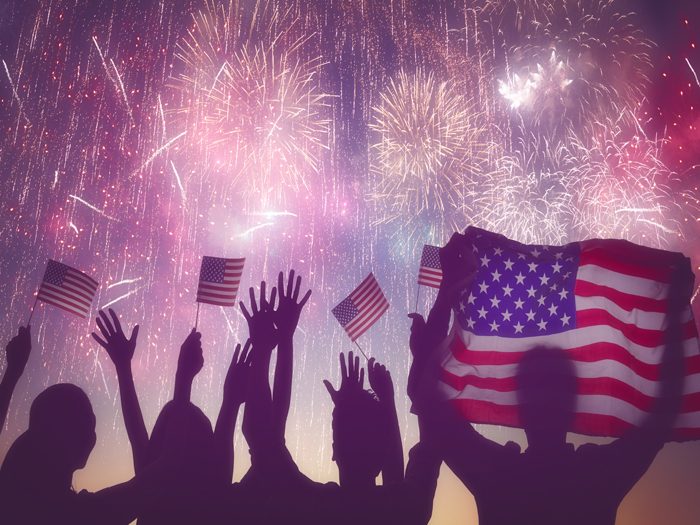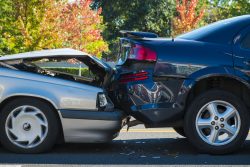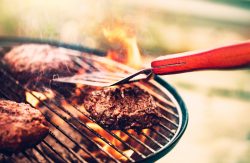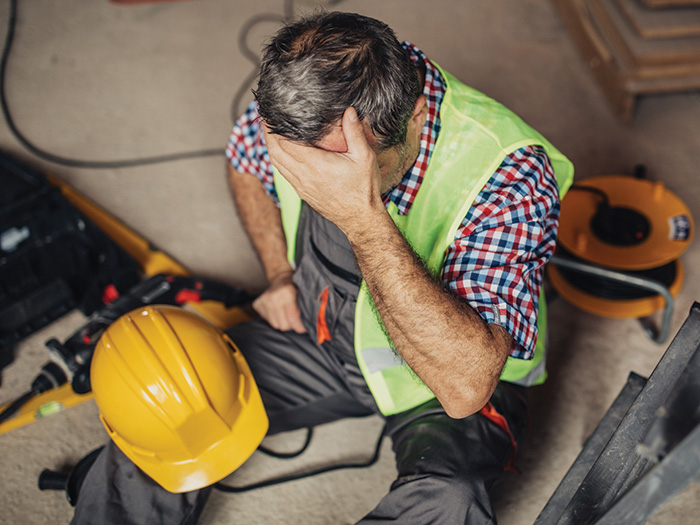Holiday Claims
These Are the 4th of July Claims Underwriters Fear Most

Every year we gather ’round for fireworks and fun, but did you know the 4th of July is considered one of the most dangerous holidays in the United States?
“What we don’t always realize is that the 4th of July has people gathering together for good times and drinking. It’s summertime and they want to be on the water, which gets us into boating accidents,” said Coleman Brown, vice president, loss control, CBIZ Insurance Services.
“Now combine that with fireworks [and their risks]. Plus there is eating, and food safety becomes a big part. It’s hot, so people need to hydrate to avoid dehydration. It’s a lot of risks for one day.”
Fireworks
We ooh and aah each 4th of July as fireworks light up the night sky. But, the truth is, fireworks are scary things.
People can be killed or injured by these explosives. Burns are most common, while injuring and even losing a hand to premature explosions are a close second. Loud bangs can damage human ears, and pets can find their way to the vet each July 5th with ruptured eardrums.
“People are not used to handling fireworks. They don’t take the time to support a firework with a sand base,” said Brown. He added that about 8,000 to 9,000 individuals each year need some sort of ER treatment for firework-related injuries.
One of the biggest culprits of injury is the least expected: “The metal sparklers we give to kids — if you touch the top of that sparkler, it’s 2,000 degrees Fahrenheit. That can easily start a brush fire. If unattended, that could become a big problem.”
Additionally, cars and buildings are not immune to a firework blaze, and entire forests have been known to go up in smoke thanks to a rogue rocket.
Brown estimated underwriters see about $43 million in direct property costs each year from fireworks.
“It’s always advisable for people to go to public displays put on by professionals,” said Brown. But, if others choose to create their own firework magic, “have a bucket of water available. Have a hose available. Create a designated area with minimal combustible materials away from homes, dry leaves and trees,” he said.
For more at-home safety tips, visit the American Pyrotechnics Association.
Drunk Drivers
The 4th of July is a time for celebration! It’s our nation’s birthday, after all, and for many that means celebrating independence with a toast … or two … or three.
The issue comes in when people decide to drive after their festivities. An estimated 34.3 million people travel by car each 4th. That’s a lot of extra people on the road.
According to Esurance, 40 percent of highway deaths between 2007 and 2011 were caused by drunk driving accidents over the July 4th weekends.
A 2016 4th of July report showed 188 people were killed in drunk driving crashes.
“Ensure that those who decide to drink do not drive an automobile, operate a boat or shoot off fireworks,” Brown said. “Have a designated operator, driver or shooter.”
Drowning Risks
Summer is known as the time for swimming in pools, lakes and the ocean. This also makes summer the key time for drowning incidents, especially for children.
It only takes a few seconds for the fun in the sun to turn deadly. The USA Swimming Foundation reported that at least 163 children younger than age 15 drowned between Memorial Day 2017 and Labor Day 2017. Nearly 70 percent of the victims were 5 and under.
The USA Swimming Foundation also stated that no child is ever 100 percent water safe — but formal swimming lessons can reduce the likelihood of childhood drowning by 88 percent.
What makes the 4th particularly heinous for swimmers is the extra amount of people in the water. It’s not that lifeguards, or parents for that matter, aren’t attentive; it’s that there is a lot to watch during a 4th of July celebration and a drowning can happen in seconds. The best thing to do is teach basic swimming and water safety to children and never leave a swimmer unattended.
Food Safety
“Cooking and food safety are very important for a safe and enjoyable holiday,” said Brown.
He gave the examples of coleslaw, potato or macaroni salad, all 4th of July staples.
Every year, these side dishes accompany barbecues across the country. With a mayonnaise base, this particular dish is not safe sitting in the sun, yet that’s where it lives each 4th.
“Never leave out for more than two hours at a time, and keep them on ice,” he warned.
Undercooked meat and food contamination also plague festivities each year.
Salmonella, E. coli and Campylobacter are the top bacteria responsible for causing an estimated 76 million cases of food-borne disease in the U.S. every year, according to the California Department of Public Health.
Grilling Accidents
Though grilling is a summer activity, the 4th may bring out the worst in your George Foreman.
“Grilling accidents happen when people leave the grill unattended,” said Claudia Cervantes, personal lines claims consultant, Golden Bear. There could be leaks in the propane lines or a buildup of grease, and explosions or fires can occur, she said.
“Failure to clean is a leading cause of fires.”
Cervantes also noted that, every year, fire departments respond to nearly 10,000 home fires involving grills, hibachis or barbecues, which could add up to more than $133 million in direct property damage per year.
Smoke, soot and ash can also be an issue.
“There’s cleaning your property. But smoke and ash can also get inside, into the AC unit and ducts,” Cervantes added.
So here is what you can do to prevent a grill fire:
- Check the connection between the propane tank and the fuel line for any leaks or blockages
- Don’t overfill the propane tank
- Wear tighter-fitting clothes around an open grill flame
- Don’t add lighter fluid to an already-lit grill
- Douse hot coals with plenty of water and stir them to guarantee the fire is out
- Grill outdoors; indoor grilling is a slippery slope to carbon monoxide poisoning
Boating Incidents
The American Boating Association calls the 4th of July “the busiest, and often deadliest time of the boating season.”
Why?
Boating activity increases during the summer months, particularly on the three top holidays — the 4th, Memorial Day and Labor Day. More boats in the water leads to higher rates of accidents. Often, the holidays are the first and only time people enter into the water as a boat captain, too, which places inexperienced drivers in the middle of uncharted waters — literally.
Every year, the U.S. Coast Guard Auxiliary offers several tips to stay safe on the 4th, including always wearing a life vest, never mixing alcohol with boating and being aware of the other boats on the water. &










